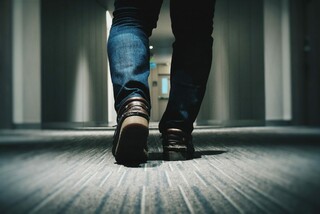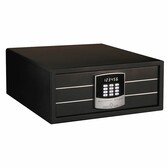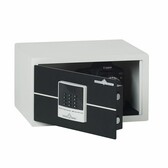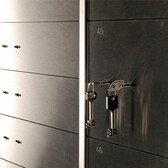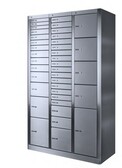In the previous part of this guide we discussed the responsibilities of the hotel resulting from guests bringing in their luggage and possible consequences of its theft, destruction or loss. This time we will focus on the obligation to keep the items in a depository and situations that release the hotel from liability.
When is the hotel not responsible for the guests' things?
Please note that any contract or announcement that limits the hotel's liability in advance has no legal effect and is null and void. However, there are situations that exclude the obligation to pay compensation. These include damage that is due to force majeure, the nature of the thing brought in or the exclusive fault of the injured party or person accompanying them. This applies, for example, if a guest does not close the door of the room (with a key) or leaves a window open in the room.
What about the car in the car park?
Many hotels also have a car park, which guests are happy to use. However, the resort is not responsible for the customer's parked car unless a suitable storage agreement has been made. The exception to this is damage caused by an item being thrown out of the hotel room. In this case, the person occupying the room or, if this person cannot be identified, the owner of the facility is responsible for the damage. It should also be added that the hotelier is not responsible for the guests' pets, which are not included in the items brought in. However, this is where the list of exclusions ends.
Obligations relating to the safekeeping of goods
You cannot avoid responsibility for the things you put into safekeeping. Moreover, refusing to deposit them does not avoid the financial consequences either. The property must accept items for safekeeping such as: valuables, money, precious items of a scientific or artistic nature.
A safe in the room or a deposit at the reception desk, what to offer the guest?
The hotel's liability for items brought in is limited in the following cases:
1. the item endangers safety,
2. it takes up too much space,
3. the price is too high in relation to the standard of the accommodation.
Liability for items accepted for deposit at the reception desk is not limited, therefore special care must be taken to ensure the safety of the entrusted deposits. This means that the hotel must pay the full value for the items left in the deposit, e.g. in case of theft. In the event of a groundless refusal, liability still applies. To ensure the security and comfort for hotel guests, a good solution would be to provide a hotel safe to store their valuables.
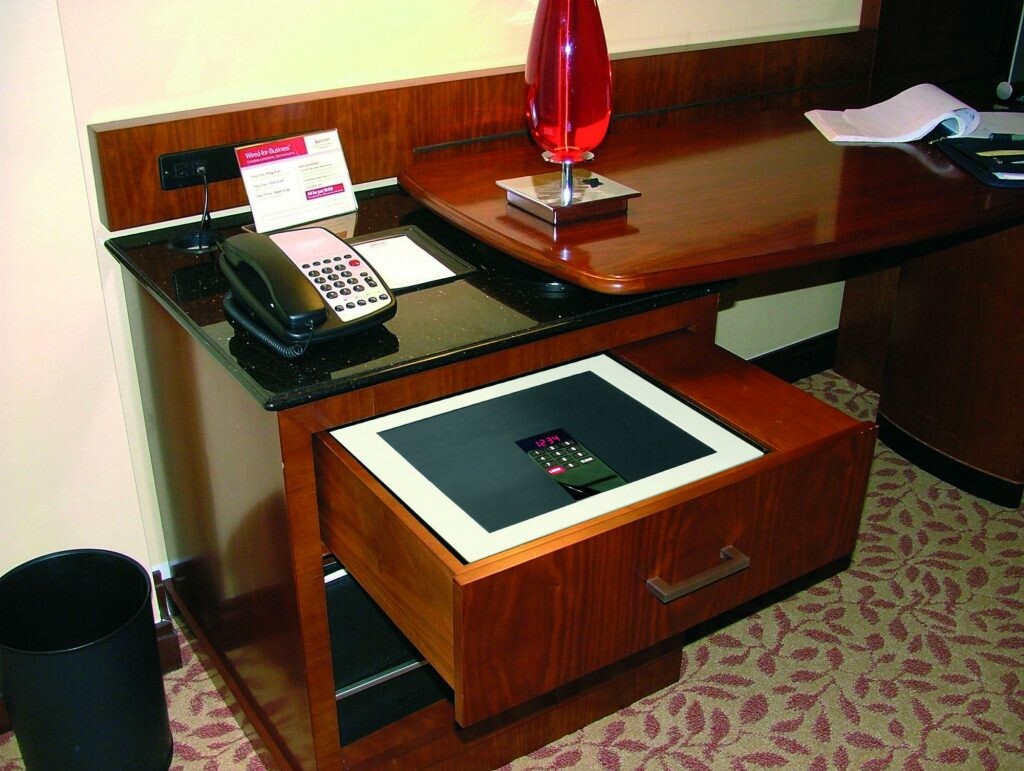
When a guest brings a weapon
It is also worth discussing the situation regarding the receipt of weapons. Due to the dangerous nature of the item, the hotel is not obliged to store it. However, more and more often guests express such a need because they have hunting or sporting weapons. In order to meet their needs, it is possible to equip the facility with a high-quality gun safe or gun cabinet that meets the requirements of at least class S1 according to standard PN-EN 14450. This kind of service should also be formalized with a safe rental agreement with a guest who has a gun permit.
You may be interested in: Weapon safe – which security grade?
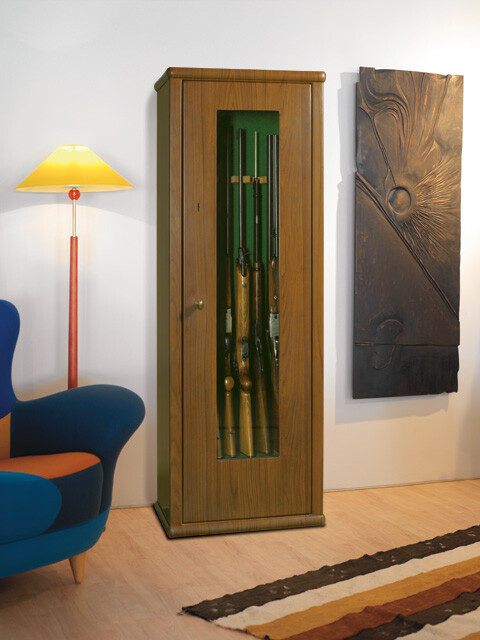
A safe at the reception is essential
Given the responsibilities incumbent on hoteliers, a safe at the reception desk seems essential. Its choice should be matched to the class and standard of the resort. It may be an office safe with access for employees only. Guests will then receive deposit receipts. In other cases, customers have a separate key or code. On the other hand, establishments with the highest standard invest in monitored rooms with safe deposit boxes that work on a similar principle as those in banks.
